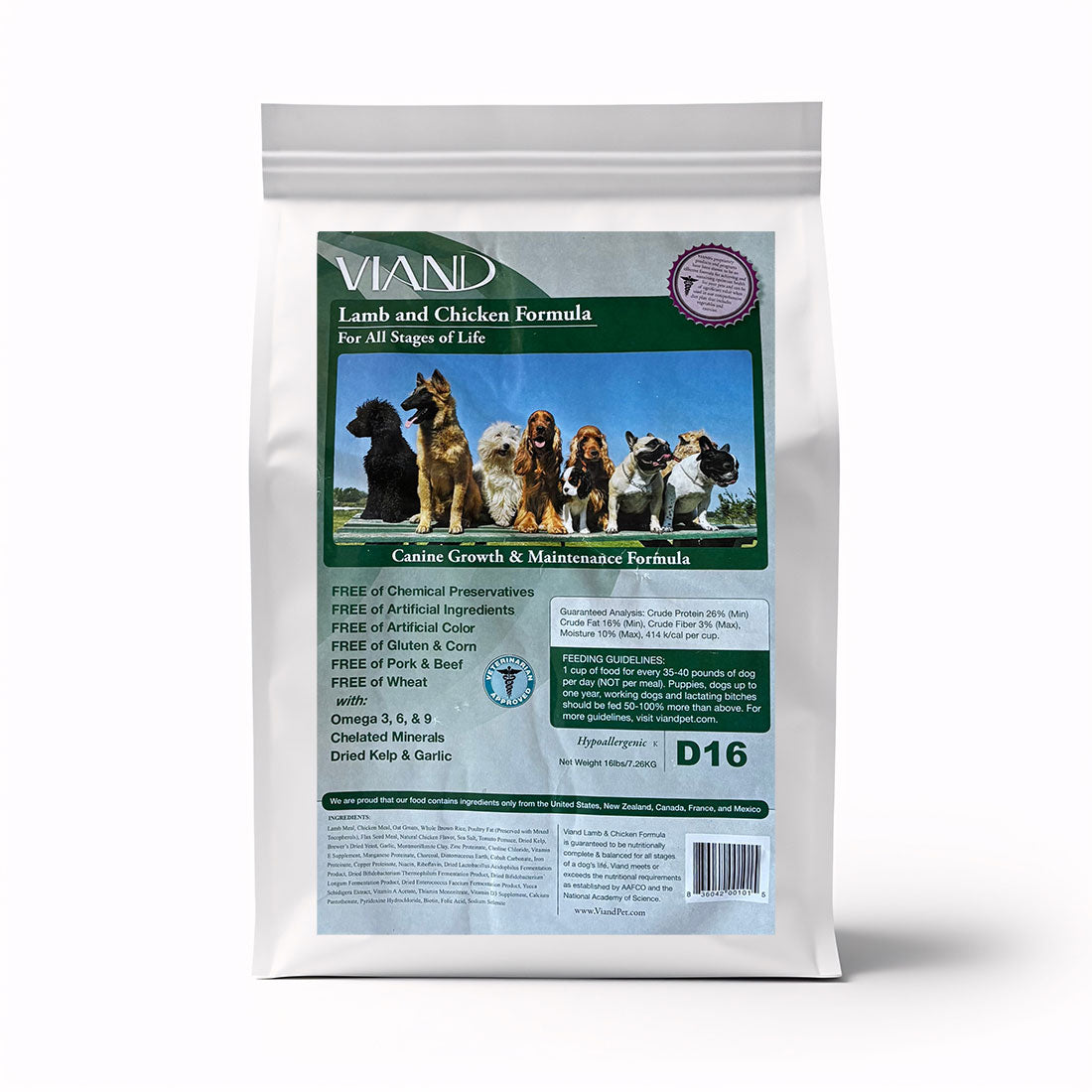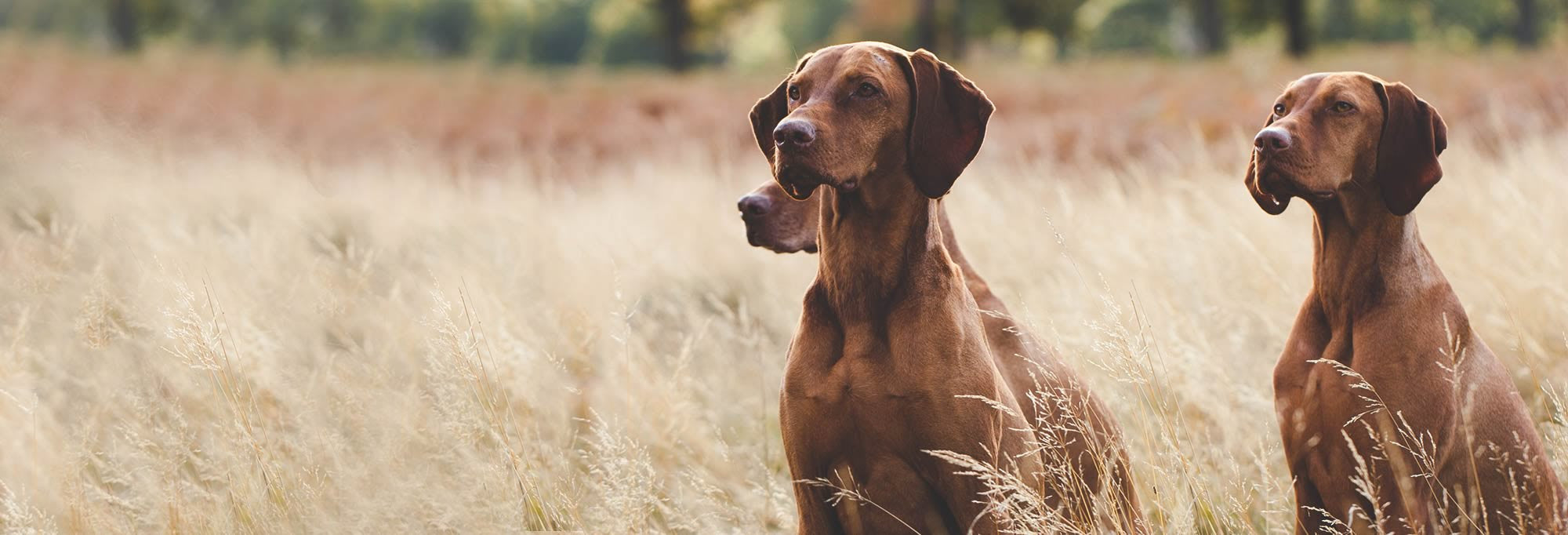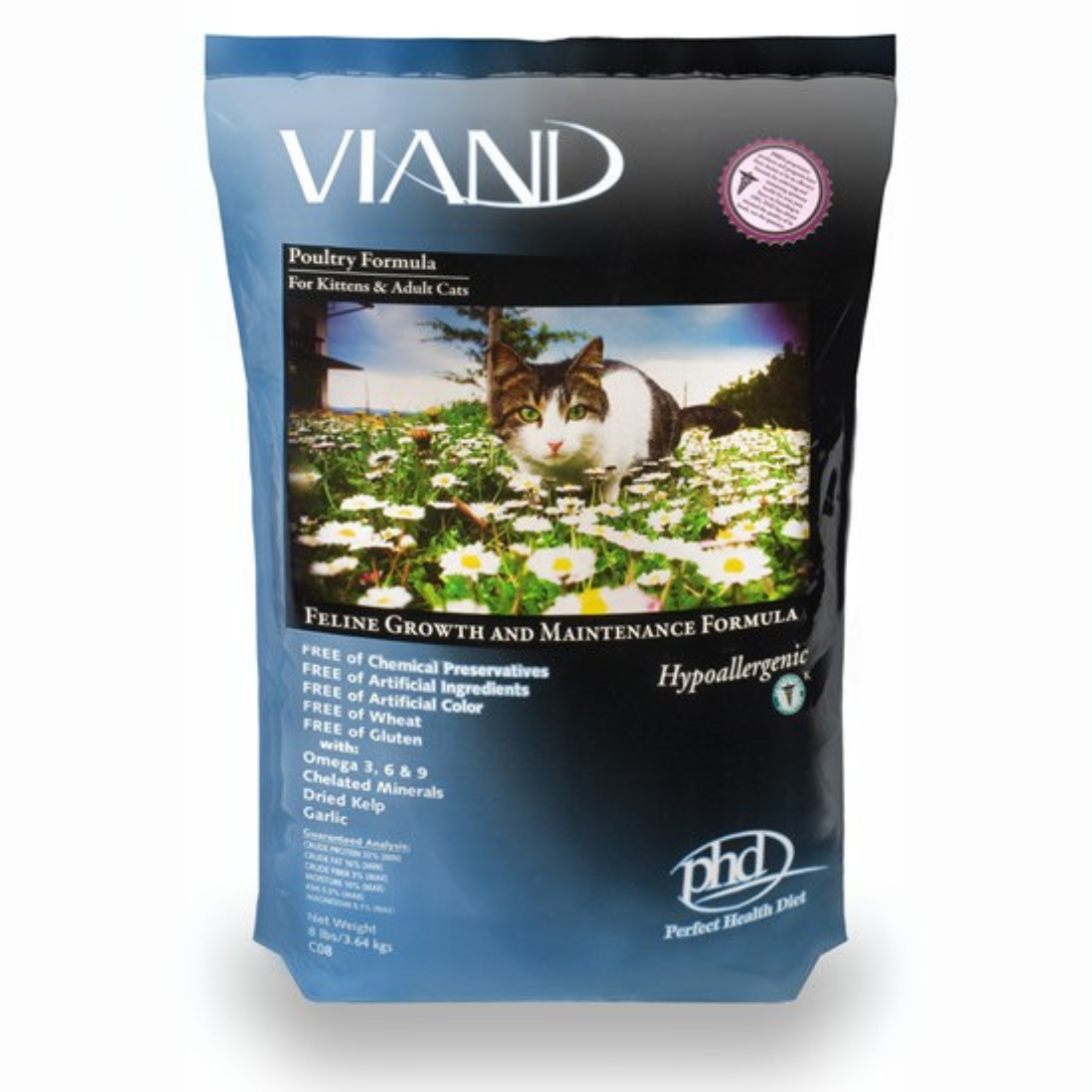· By Scott Pollak
Diarrhea: Usually not Disease - Just Cleaning House
Brought to you by William Pollak D.V.M.
"Holistic & traditional approaches to support the best of animal health."
Diarrhea is intestinal material removed before its time. Normally the colon (the last large segment of the digestive system) removes the water from the intestinal juice, thus conserving the precious liquid for the body, as it is 98% water. Walking on land with a body like the sea requires constant efficient recycling of water and minerals. An irritated bowel (moving excessively or in spasm) does not allow sufficient time for the water to be reabsorbed. Out goes the premature stool as pressure builds up from behind (to the behind). The reasons for diarrhea are many and are usually interrelated:
- Overfeeding (especially puppies and kittens)
- Worms
- Change in food
- Change in environment, water or routine
- Emotional (upset usually due to some kind of change)
- Purification (cleansing)
- Infectious
As you can see, most often diarrhea is not a disease, but a normal response to change in the internal or external environment, an action on the part of the body to maintain health and vitality. The colon is the main excretory organ of the body (with support from the skin, lungs, liver and kidneys).
To allow for quick return to normal stool, the best thing for the colon is to rest. This can only be done through fasting. Water should always be available as long as the dog or cat is not vomiting. Vomiting AND diarrhea together can present a serious situation, and professional veterinary advice and/or care should be sought. A fast for a day or two after some diarrhea is usually all that is necessary to rest the bowels. Break the fast by feeding raw meat, 1/4 cup to 2 cups depending on the size of the dog or a 1/4 cup or 1/8 cup to a cat. Feeding raw meat is like tea and toast for humans when we're not feeling quite right.
A basically
Eating supermarket pet foods is like eating cardboard. Our pets just get by on them and the foods lack any real vitality for the flourishing of health. Life is designed to be lived in vitality; surviving is living a slow death even before departure from the body. This is how most of our pets live today on supermarket pet foods. The supermarket pet food is designed to not stir vitality in our pets. Feeding a predominantly grain-based diet with preservatives and fillers is a myriad of slow all-consuming chronic diseases based on long-term, sub-clinical nutritional deficiencies.
Diarrhea can be a normal part of transitioning to a healthier diet. A transition to the canine natural raw meat diet or the feline natural all meat diet (or to Viand) can sometimes cause diarrhea as the energy content is too rich for the current digestive ability of the animal. With a slow transition to the new diet, the pet's digestive system can acclimate to the higher flow of nourishment.
Repeated bouts of diarrhea, especially in cycles of two to three weeks, or diarrhea seen on the higher vitality diets (Viand or the natural raw meat diet) is usually suggestive of worms, even though there may be no laboratory confirmation. As eggs are not always produced and diarrhea has a flushing action in reducing the egg counts in the colon and stools; broad-spectrum worming many times eliminates the diarrhea dramatically even without positive egg counts. A second dose is recommended in two to three weeks to prevent
Overfeeding is very common, especially with puppies and kittens. Feeding sufficient quantities of food is based on a habit of feeding readily available commercial feeds. Natural raw meat diets are super-concentrated. These diets deliver plentiful high quality nutrition without excessive bulk.
This seems too good to be true. Pets can be fed 1/2 to 1/3 the quantity of what they were consuming on a "supermarket" food diet, and vitality, hair/coat and receptivity will far exceed their previous standard. This is the design of our pet's natural diet: to not overload the intestinal system while providing easily accessible balanced nutrition. Too much food, with little or no appropriate nutrition passing through a small digestive tube can irritate the walls, and depending on the lack of quality can result in everything from immune disease to systems breakdown; hyperactivity to dullness; and subnormal function in any area of the body.
There is a strong neuronal link between the brain and the colon in animals and humans. Changes in routine, household, people or other animals (addition or death), even thunderstorms or changes in barometric pressure can have its effect on the function of the digestive system via the emotional state. A vital, healthy animal, exuding the never-ending thrill of living will accommodate these changes in life with ease and even greater joy.
Poisons from the body; either
Excessive, prolonged or recurrent diarrhea, is reflective of some underlying cause sufficient to drain


